The San Jose Airport has is prepared with sanitary measures in place to receive so they can finally begin welcoming back international tourists starting from August 1. However it still remains to be defined as to which countries will be allowed and what sort of protocols travelers will have.
Costa Rica will announce details of its August airport reopening later this week, Health Minister Daniel Salas said. “We are going to maintain the August 1 date,” Health Minister Daniel Salas said Monday, indicating again that the process will be gradual and won’t include reopening Costa Rica’s land borders with Panama and Nicaragua. “This week, we must indicate the countries, states or places to which we will give authorization,” Salas added, saying that “it wouldn’t make much sense” to welcome visitors from areas with a “complete lack of control of the virus, where the number of cases is very extensive.”
In the meantime sanitary measures have been prepared. Aeris Holding, the SJO terminal’s management company, released a video on Tuesday informing about the sanitary protocols to which passengers must submit to enter or leave the country. The regulations were reviewed at a meeting between the Directorate General of Aviation (DGAC) and Aeris with officials from the Ministries of Health, Transport, and Tourism. From the point of view of the terminal, visitors upon entering Costa Rica will have to go through a sanitizer carpet. The foam will be applied to the surface at least every three hours. The airport, in addition, already has signage to maintain distance between people and hygiene guidelines to avoid contagions in both Spanish and English. An “Epidemiological Form” must be completed before departure for Costa Rica.
In addition, at different points where passengers transit when they get off the planes, there will be at least five cameras that will take the temperature of the visitors on their way to the immigration area, Vargas explained. If these cameras detect body temperatures above 38 C (100 F) in people, these passengers will go through a health assessment process in rooms with medical equipment. If necessary, that person will even be transferred to a hospital.
Aside from the mandatory use of masks or face shields, all passengers on flights leaving or entering the country will have to keep their distance from each other before approaching airline attendants or security and immigration controls. Each officer in charge of verifying passports, tickets and other data will also have to provide gel alcohol to the travelers that they attend and stations have been set up to provide gel alcohol. In addition, all passenger service personnel will be protected by an acrylic window.
Similarly, there will also be a general reinforcement of cleaning in the terminal, as well as in common areas. For example, in the security control area, before entering the boarding rooms, passengers will continue to use trays to place personal items prior to the x-ray review. The cleaning and disinfection of those instruments that touch passengers and terminal personnel will be reinforced.
“A cost survey was made and we were around US$1 million dollars in measures and planned expenses. There is also a cost issue because more cleaning staff will be hired who will be attending to this type of forecast and additionally, there will be more prominent health personnel in the terminal to attend the heat cameras to take temperature and care for patients if necessary, ” explained the director of Civil Aviation. In the terminal’s duty-free stores, Vargas confirmed that surface disinfection will be expanded and acrylic barriers have also been installed at the payment points to separate customers from those who will serve them.
Vargas clarified that all protocols regarding the arrival of tourists still remain unapproved 100%, as measures such as, for example, the possible obligation for visitors to have medical insurance before coming to Costa Rica or the initial number of flights allowed, remain to be agreed upon, to avoid crowds in the terminal.

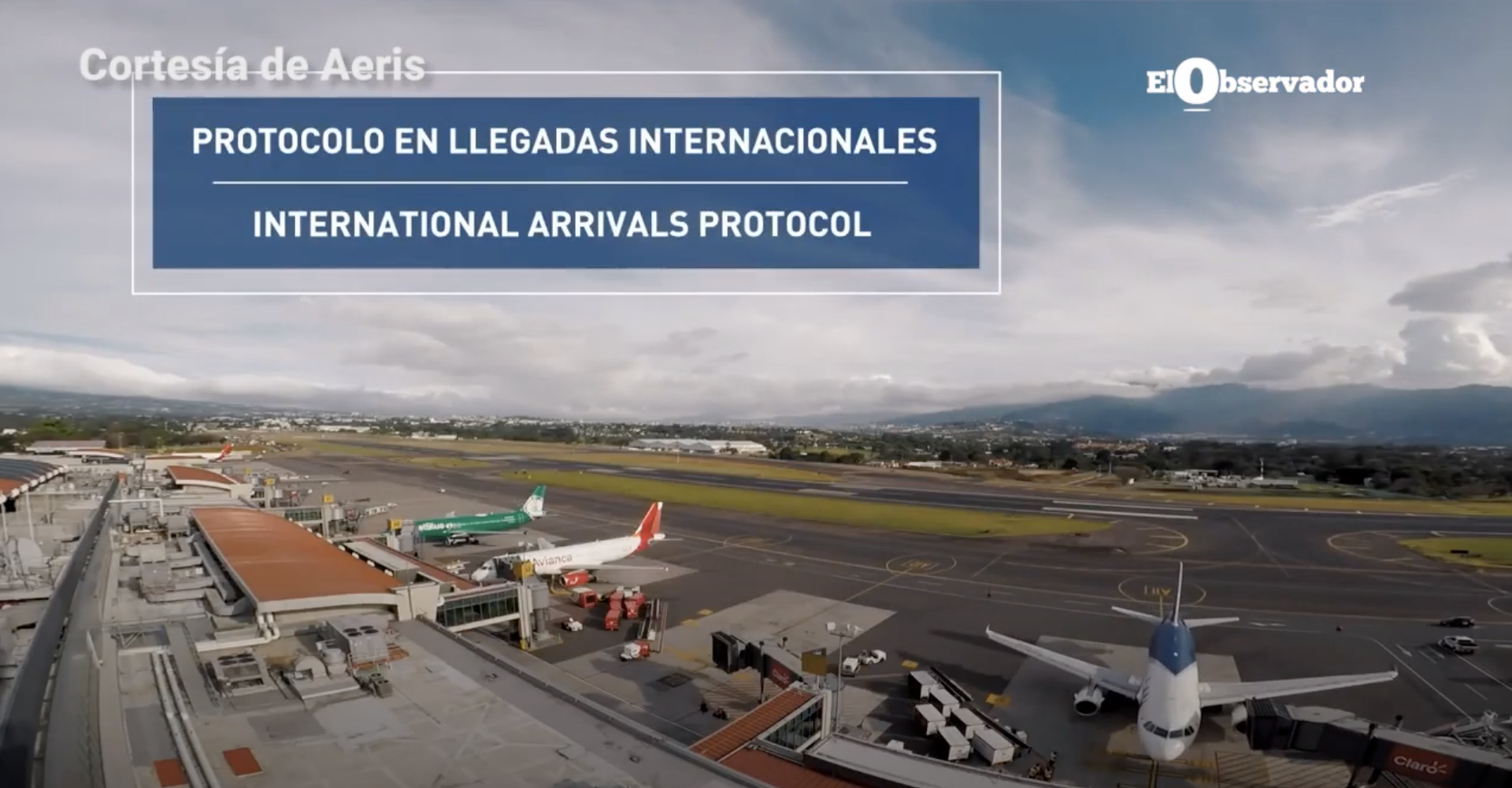



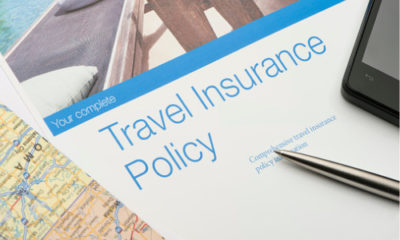
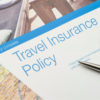
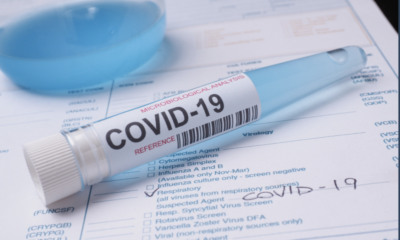

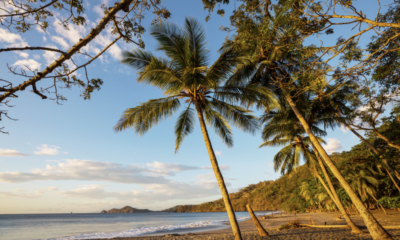



2 Comments